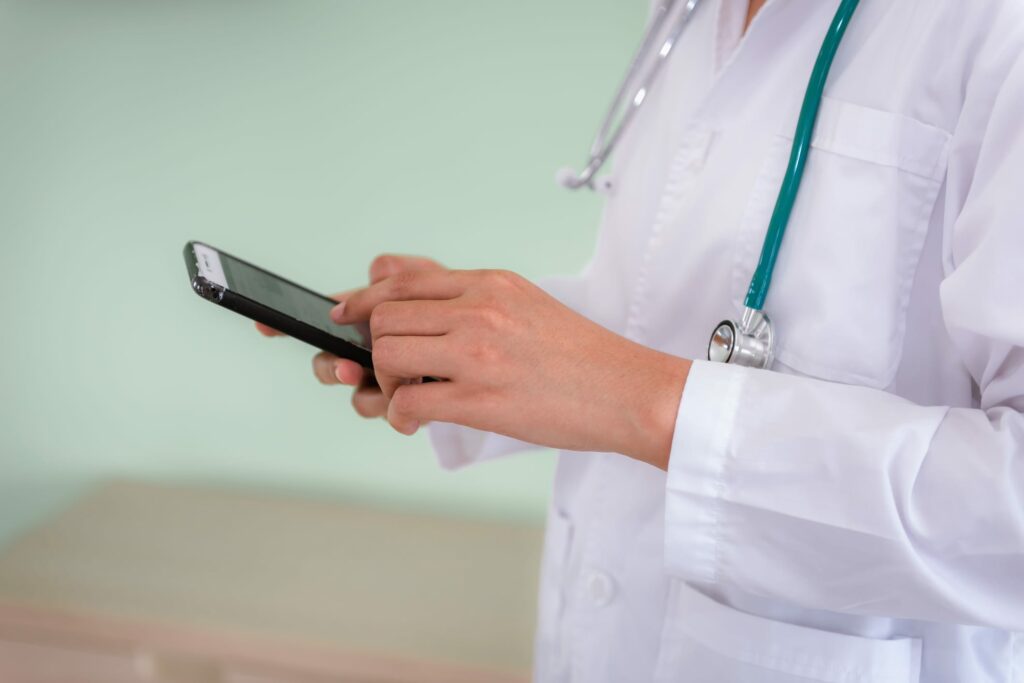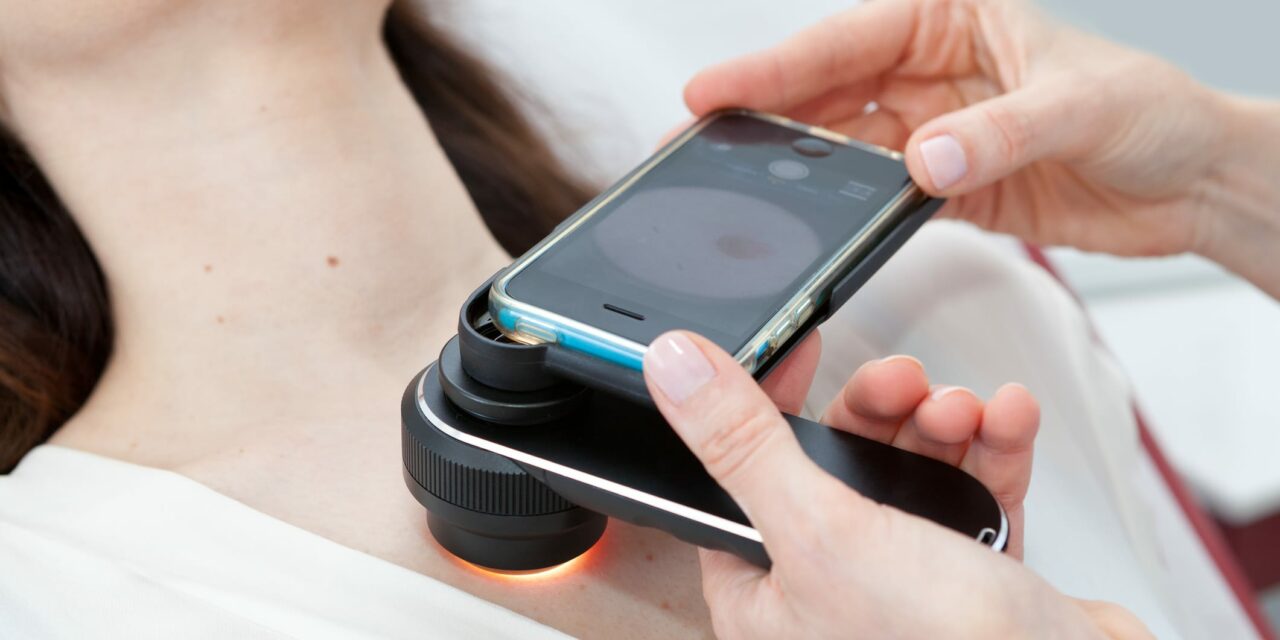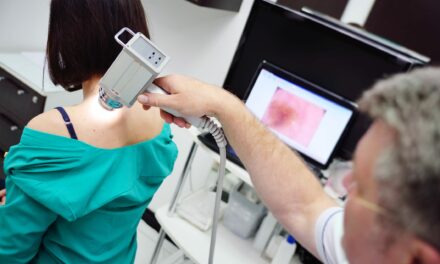Mobile dermatoscopes provide portable and connected skin lesion evaluation tools, improving access and early detection in diverse and underserved settings.
Mobile dermatoscopes are making advanced skin lesion evaluation tools accessible in various settings, from urban clinics to remote rural areas. These portable devices, combining the latest imaging technologies with the convenience of mobile platforms, are bridging gaps in dermatological care, ensuring timely and accurate assessments for a wider patient population.
Traditional dermatoscopes, while effective, often required stationary setups and were limited to well-equipped medical facilities. In contrast, mobile dermatoscopes are compact, lightweight, and easily integrated with smartphones or tablets. This portability allows healthcare providers to carry them anywhere, facilitating on-the-spot evaluations in diverse environments, including community health centers, mobile clinics, and patients’ homes.
High-Quality Imaging on the Go
Despite their small size, mobile dermatoscopes do not compromise on imaging quality. Equipped with high-resolution cameras and advanced lighting systems, these devices capture clear, detailed images of skin lesions. This clarity is crucial for identifying subtle features indicative of various skin conditions, including melanoma.
By providing high-quality images comparable to traditional dermatoscopes, mobile versions ensure that diagnostic accuracy remains uncompromised.
Connectivity and Real-Time Collaboration
One of the standout features of the devices is their ability to connect seamlessly with digital platforms. This connectivity enables real-time sharing of images and data with dermatologists, regardless of their location.

Through teledermatology, healthcare providers in remote areas can collaborate with specialists in urban centers, ensuring that patients receive expert evaluations without the need for travel. This real-time collaboration is vital for early detection and timely treatment of skin conditions.
Empowering Non-Specialist Healthcare Providers
Mobile dermatoscopes empower a broader range of healthcare providers to participate in dermatological care. General practitioners, nurses, and community health workers can use these devices to perform preliminary screenings and identify suspicious lesions that require further investigation.
By extending the reach of dermatological expertise, mobile dermatoscopes help identify skin conditions at earlier stages, leading to better patient outcomes.
Impact on Public Health Initiatives
The accessibility and convenience of mobile dermatoscopes make them valuable tools in public health initiatives aimed at skin cancer screening and prevention. Community-based screening programs can utilize these devices to reach larger populations, including those in underserved areas.

Early detection through such programs significantly improves the chances of successful treatment and reduces the burden of advanced skin cancers on healthcare systems.
Overcoming Challenges and Looking Ahead
While mobile dermatoscopes offer numerous benefits, there are challenges to address, such as ensuring device affordability, maintaining image quality standards, and providing adequate training for non-specialist users. Ongoing advancements in technology and increasing adoption of mobile health solutions are expected to overcome these hurdles, further enhancing the role of mobile dermatoscopes in expanding dermatological care.
Mobile dermatoscopes are improving dermatological care by making advanced skin lesion evaluation tools accessible, portable, and connected. Their high-quality imaging capabilities, ease of use, and real-time connectivity are empowering healthcare providers and expanding access to dermatological expertise, particularly in remote and underserved areas. As technology continues to evolve, mobile dermatoscopes will play an increasingly critical role in early skin condition detection and improving patient outcomes.
Photo 74353473 © Gordana Sermek | Dreamstime.com



